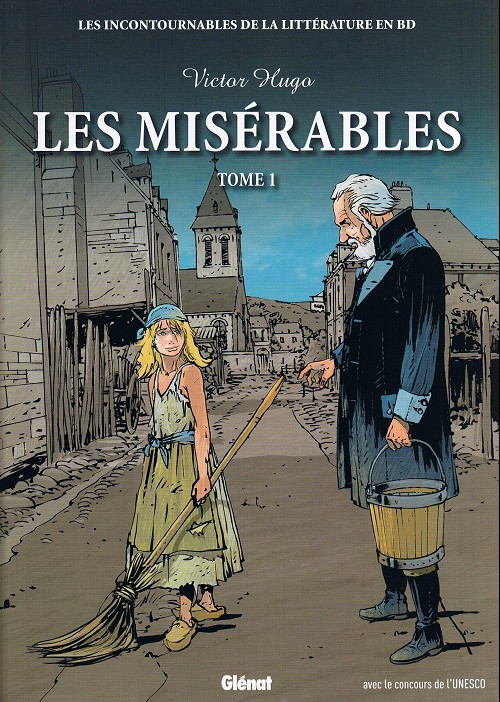
He was incapable of reporting anything, trivial or important, in factual terms, and described any and every event in his own grandiose manner.”.Įugene Ionesco attacks Hugo and his work as insincere, posed and cliched and states that he “never took the trouble to think.” , Samuel Edwards notes, It would be gross understatement to say that Hugo exaggerated. This curriculum unit seeks to unravel some of the novel’s complexities and present it in a light teachers and students will find thought-provoking and engaging.īoth students and the elite literary world world criticizeįor the same things: its long, rambling digressions sentimentality and too-frequent use of coincidence. Unfortunately, Jean Valjean has become a well-known but seldom-read character, Les But its success is due also to the engaging adventures of the saintly convict, Jean Valjean. At least part of the novel’s success is due to its humanitarian themes and part also to affection for Hugo, whose open protest of Emperor Napoleon III had exiled him to the English Channel island of Guernsey, where he completed it.

The novel was published in over forty countries in its first ten years and became the subject of six stage and film productions, most recently the Tony Award-winning musical.

In September 1862 he was honored at a banquet, the first of its kind, at which over over 2,000 authors, scientists, and statesmen praised him and his work. When it first appeared in 1862, long lines outside bookstores in France and Belgium heralded the public success of this epic novel in four volumes, a novel that brought its author unrivaled renown.

Is now considered a scholarly classic, it began as a popular romance novel.


 0 kommentar(er)
0 kommentar(er)
